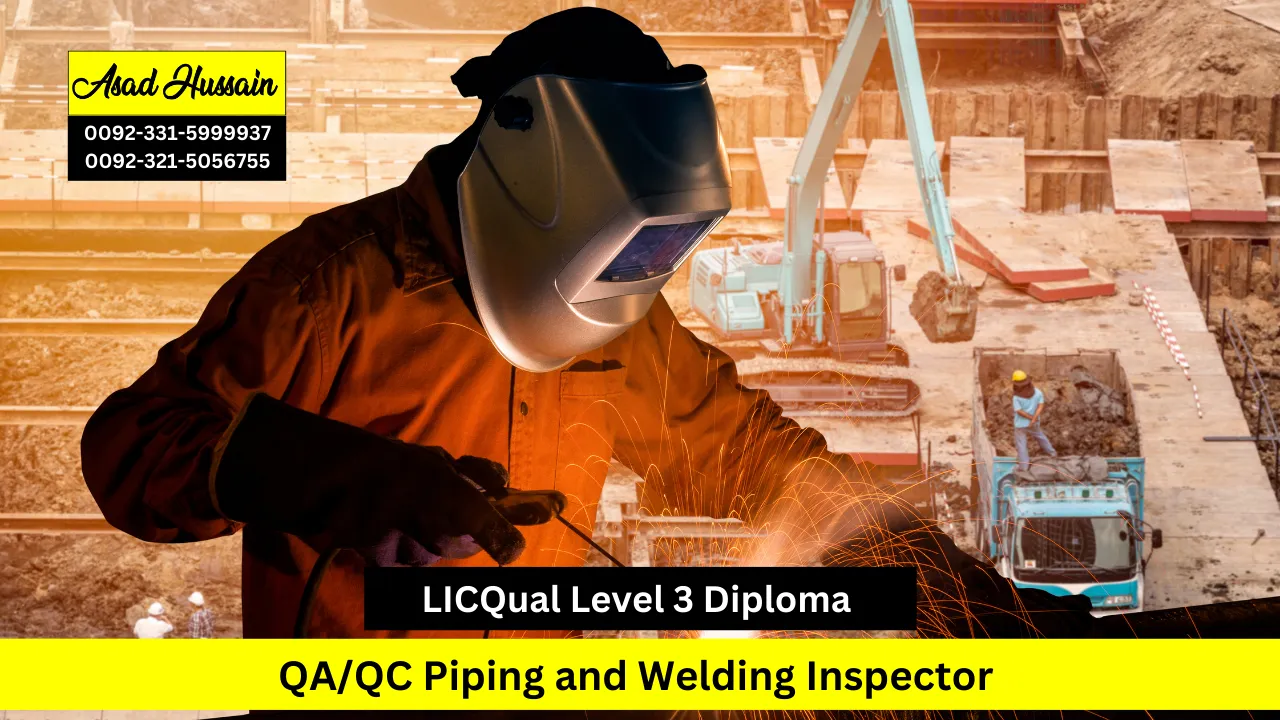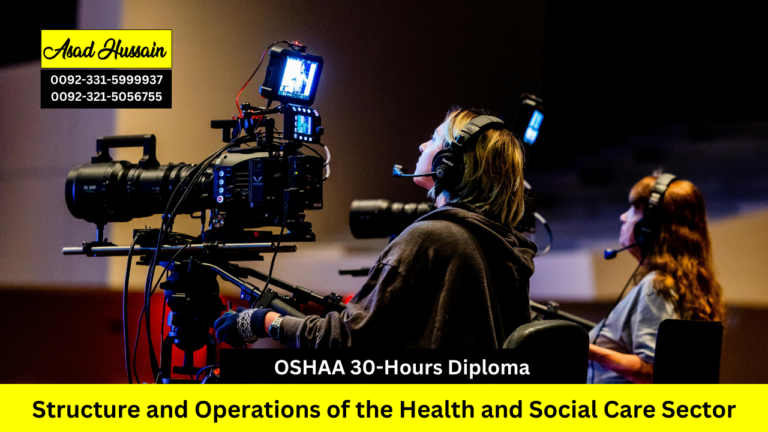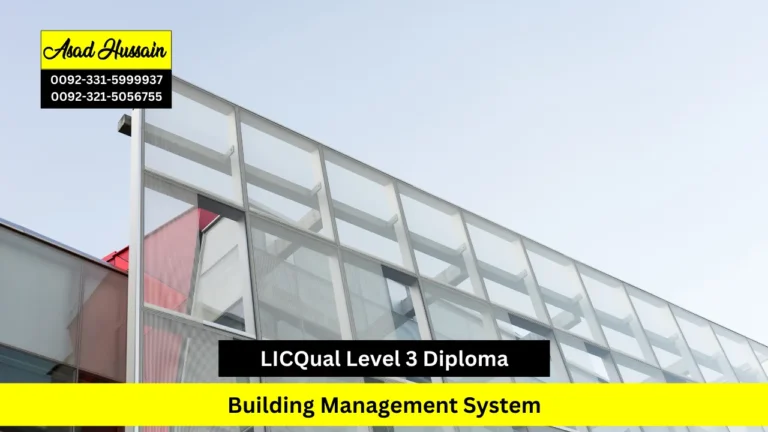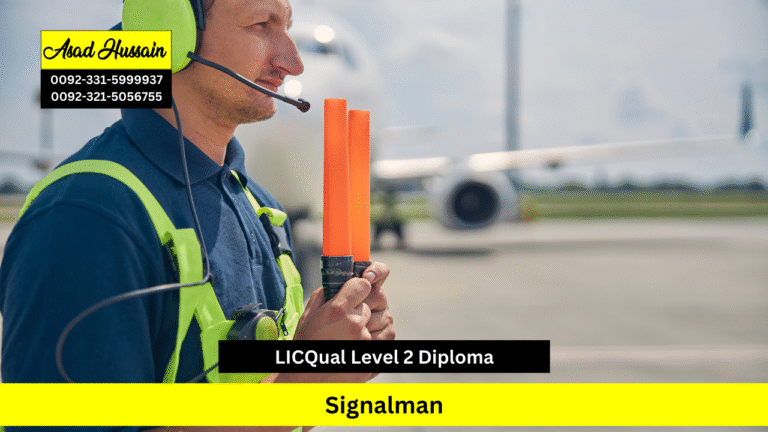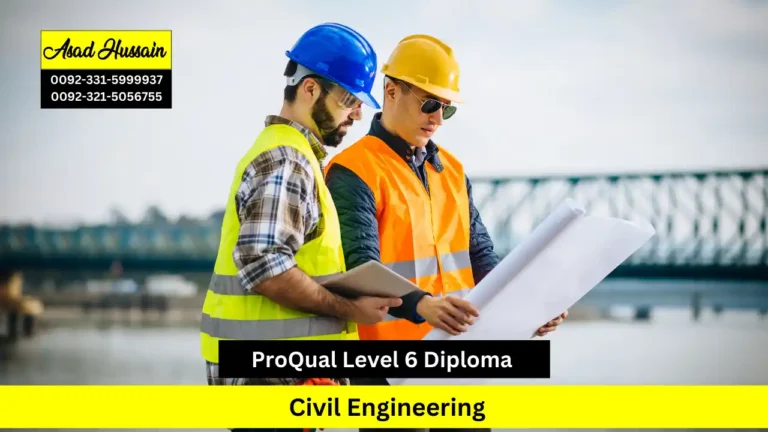Ensuring the safety, reliability, and quality of industrial piping and welded systems is essential in mechanical, construction, and industrial engineering sectors. The LICQual Level 3 Diploma in QA/QC Piping and Welding Inspector provides learners with foundational expertise in quality assurance, inspection techniques, and compliance with international standards. LICQual Level 3 Diploma in QA/QC Piping and Welding Inspector is designed to prepare aspiring inspectors and technical professionals to perform accurate evaluations, monitor welding quality, and ensure adherence to project and regulatory requirements.
The LICQual Level 3 Diploma in QA/QC Piping and Welding Inspector covers key areas such as international piping codes and standards (ASME, API, ANSI, ISO), welding processes, visual and dimensional inspection techniques, non-destructive testing (NDT) fundamentals, and comprehensive QA/QC documentation. Learners will gain hands-on experience in inspecting piping installations, evaluating weld quality, identifying defects, and maintaining accurate inspection records, equipping them with practical skills applicable in real-world industrial settings.
Graduates will develop the competence to assess fabrication, erection, and installation quality, ensuring compliance with safety and operational standards. By combining theoretical knowledge with practical applications, this course prepares learners for entry-level roles such as QA/QC Piping Inspector, Welding Inspector, or Mechanical QA/QC Technician.
Program Highlights
Mandatory Units
- Principles of Quality Assurance and Quality Control
- Piping Materials, Components, and Fabrication Techniques
- Welding Fundamentals and Procedures
- Visual Inspection of Welds and Surface Defects
- International Codes, Standards, and Specifications
- QA/QC Documentation and Reporting Practices
The LICQual Level 3 Diploma in QA/QC Piping and Welding Inspector is designed for individuals aiming to build foundational skills in quality assurance, welding inspection, and piping system compliance. To ensure learners are prepared for the course, the following entry requirements apply:
1. Age Requirements
- Applicants must be at least 18 years old to enroll in the course.
2. Educational Requirements
- Minimum of a Level 2 qualification in Mechanical Engineering, Welding Technology, Piping Engineering, or a related technical field.
- Equivalent professional certifications or practical experience in piping or welding inspection may also be considered.
3. Professional Experience
- Preferably 1–2 years of experience in mechanical, piping, or welding projects, including exposure to site inspection or QA/QC tasks.
- Familiarity with safety standards, regulatory compliance, and industrial procedures is advantageous.
4. Technical Skills
- Basic understanding of welding processes, piping systems, and quality control procedures.
- Ability to read technical drawings, specifications, and inspection documentation.
- Familiarity with non-destructive testing (NDT) methods is desirable.
5. Application Fee (if applicable)
- Some centres may require a non-refundable application fee. Details should be confirmed directly with the course provider.
6. Personal Statement or Motivation Letter
- Applicants should submit a statement outlining professional goals, interest in QA/QC piping and welding inspection, and motivation for completing the diploma.
7. Interview or Assessment (if applicable)
- Certain centres may conduct an interview or practical assessment to evaluate technical knowledge, problem-solving skills, and readiness for the program.
8. Motivation and Commitment
- Candidates must demonstrate dedication to continuous professional development (CPD) and engagement in both theoretical and practical learning.
- Commitment to completing assignments, assessments, and practical exercises is essential.
9. English Language Proficiency
- Non-native English speakers must provide evidence of proficiency, such as IELTS 5.5+ or equivalent, to ensure comprehension of course content and assessments.
The LICQual Level 3 Diploma in QA/QC Piping and Welding Inspector is designed to provide learners with essential knowledge, practical skills, and technical competencies in quality assurance, piping systems, and welding inspection. Upon completion of this course, learners will be equipped to perform accurate inspections, apply QA/QC principles, and maintain compliance with international standards.
1. Principles of Quality Assurance and Quality Control
- Understand the fundamental concepts of quality assurance (QA) and quality control (QC) in industrial and mechanical projects.
- Apply QA/QC principles to monitor and improve the quality of piping and welding operations.
- Identify and mitigate quality risks in fabrication and installation processes.
2. Piping Materials, Components, and Fabrication Techniques
- Gain knowledge of common piping materials, components, and their applications.
- Understand fabrication techniques and their impact on system integrity.
- Evaluate piping installations for adherence to design specifications and quality standards.
3. Welding Fundamentals and Procedures
- Develop competence in welding processes, types, and procedures used in industrial piping.
- Understand welding defects, their causes, and corrective measures.
- Apply practical skills to monitor and assess welding operations.
4. Visual Inspection of Welds and Surface Defects
- Conduct visual inspections to detect weld discontinuities, surface defects, and non-compliance.
- Utilize inspection tools and techniques to evaluate welding quality.
- Document findings effectively to support QA/QC reporting.
5. International Codes, Standards, and Specifications
- Understand key international standards such as ASME, API, ANSI, and ISO.
- Apply regulatory and project-specific specifications to piping and welding inspection activities.
- Ensure compliance with legal, safety, and industrial quality requirements.
6. QA/QC Documentation and Reporting Practices
- Prepare accurate inspection reports, checklists, and quality records.
- Maintain documentation to support audits, corrective actions, and continuous improvement.
- Use QA/QC documentation to communicate findings clearly to stakeholders and project teams.
Upon completion of this diploma, learners will possess the practical inspection skills, technical knowledge, and QA/QC competencies required to perform professional piping and welding inspections. Graduates will be prepared for roles such as QA/QC Piping Inspector, Welding Inspector, or Mechanical QA/QC Technician, enhancing their career opportunities in industrial, mechanical, and construction engineering sectors.
The LICQual Level 3 Diploma in QA/QC Piping and Welding Inspector is designed for individuals seeking foundational knowledge and practical skills in quality assurance, piping systems, and welding inspection. LICQual Level 3 Diploma in QA/QC Piping and Welding Inspector is ideal for learners who want to develop technical competence, enter the industrial QA/QC field, and apply international standards in real-world projects.
Educational Instructors and Trainers
- Professionals teaching mechanical engineering, welding, or piping system courses.
- Individuals aiming to integrate QA/QC inspection techniques into training programs.
Environmental Advocates and Activists
- Professionals promoting safe and sustainable industrial practices.
- Individuals interested in ensuring piping and welding projects meet environmental and safety standards.
Research and Development Teams
- Engineers and technicians involved in developing or testing piping systems and welding processes.
- Professionals seeking practical skills to assess quality and compliance in R&D projects.
Corporate Social Responsibility (CSR) Professionals
- Individuals responsible for monitoring industrial projects for safety, quality, and regulatory compliance.
- Professionals ensuring company practices meet CSR objectives related to environmental and operational safety.
Students and Recent Graduates
- Learners seeking entry-level qualifications in QA/QC inspection and piping engineering.
- Individuals preparing for careers as QA/QC inspectors, welding inspectors, or mechanical quality technicians.
Career Changers
- Professionals from related technical fields pursuing a specialization in QA/QC piping and welding inspection.
- Individuals aiming for roles in industrial inspection, mechanical QA/QC supervision, or compliance monitoring.
Policy Makers and Regulators
- Professionals involved in drafting, monitoring, or enforcing industrial and safety standards.
- Individuals requiring practical knowledge of QA/QC inspection practices to inform regulatory decisions.
This program equips learners with practical inspection expertise, technical knowledge, and QA/QC competencies necessary to pursue entry-level QA/QC roles in industrial, mechanical, and construction sectors, providing a solid foundation for career growth and further certifications.

